The event is part of the monthly policy dialogue on industry, energy and trade organized by the Institute for Industry and Trade Policy and Strategy, Ministry of Industry and Trade .
The seminar was attended by Mr. Nguyen Khac Quyen, Deputy Director of the Institute for Industry and Trade Policy and Strategy; representatives of many departments and offices under the Ministry of Industry and Trade; Ms. Tran Thi Phuong Lan, President of the Association of Vietnamese Retailers; distribution and retail enterprises in Vietnam...
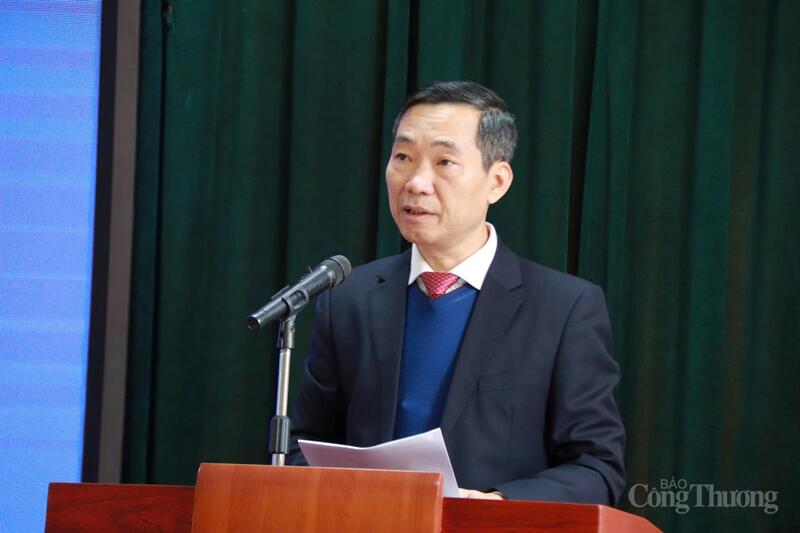
Mr. Nguyen Khac Quyen, Deputy Director of the Institute for Industry and Trade Policy and Strategy. Photo: Thanh Tuan
According to information from the Institute for Industry and Trade Policy Strategy, the global retail market in the period 2022 - 2025 has undergone fundamental changes in structure. Reports and statistics in 2025 have shown that, since Covid-19, consumer habits formed during the crisis are no longer adaptive but have become a fundamental state and continue to develop.
The pandemic has acted as a powerful catalyst, forcing businesses to embrace digital transformation, turning it from a strategic choice into a survival imperative.
In the period 2022 - 2025, the retail market will be affected by artificial intelligence from a testing tool to a pillar of business operations; the trend of optimizing customer experience through multi-channel and hyper-personalized experiences; differences in consumption trends and values...
In Vietnam, the Vietnamese retail market in the period 2022 - 2025 is showing a clear contrast between short-term reality and long-term potential.
In the short term, the economy will recover slowly from the pandemic. GDP in 2023 will increase by 5.05%, while consumer purchasing power will recover more slowly than expected. Total retail sales of goods and services revenue (after excluding price factors) in 2024 will increase by only 5.8 percentage points.
This rate is still significantly lower than the average growth rate of 8-9% in the pre-Covid-19 period, showing that consumers still maintain a trend of tightening spending. To stimulate demand, the Government has continued to extend the policy of reducing value added tax by 2% until the end of June 2025.
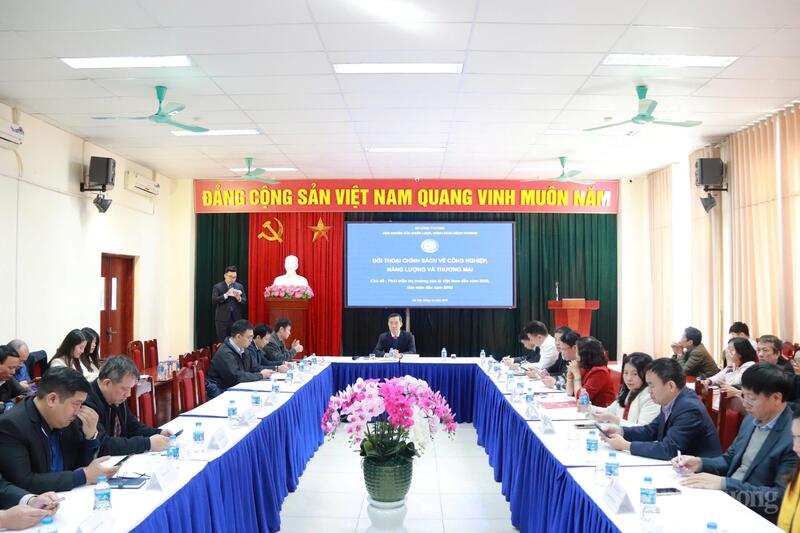
The dialogue attracted the participation of representatives from many departments and offices under the Ministry of Industry and Trade, businesses, and industry associations. Photo: Thanh Tuan
However, in the future, the retail market will grow and become more sustainable at the same time. The fundamental factors affecting the Vietnamese retail market are relatively favorable. The dual driving force comes from demographics and income.
The population is expected to surpass 100 million by 2025. The average income per capita growth rate during the period 2017 - 2022 reached CAGR 8.5%, the highest in Southeast Asia. This increase in income is driving the rapid expansion of the middle class, with an additional 23.2 million people forecast to join the new consumer group by the end of 2030. As a result, Vietnam's retail industry is forecast to grow at a compound annual growth rate (CAGR) of 12.05% during the period 2023 - 2028.
The 5.8% recovery in 2022-2025 does not reflect the differentiation of the global retail market. Vietnamese consumers are clearly prioritizing essential goods (63% expect to increase spending) and healthcare (48% expect to increase spending).
In particular, legal policies for the Vietnamese retail market have undergone major changes with the transparency efforts of the State and Government. These measures are designed to create a legal "fair playing field". The main mechanisms include the mandatory application of electronic invoices for individual businesses with a turnover of over 1 billion VND/year, effective from June 1, 2025.
In parallel, according to Resolution 68-NQ/TW, the lump-sum tax for business households is expected to be eliminated by 2026 at the latest. In addition, administrative management efforts, such as Hanoi's goal of completing the elimination of "flea markets" and temporary markets by 2025, also contribute to this shift.
The Institute for Industry and Trade Policy and Strategy organizes monthly policy dialogues on industry, energy and trade to create a forum for experts, researchers, industry associations, localities... to discuss many important issues, contributing to the development and implementation of policies, promoting the development of the industry and trade sector.
Source: https://congthuong.vn/toa-dam-phat-trien-thi-truong-ban-le-viet-nam-den-nam-2030-431230.html


![[Photo] President Luong Cuong receives President of the Senate of the Czech Republic Milos Vystrcil](/_next/image?url=https%3A%2F%2Fvphoto.vietnam.vn%2Fthumb%2F1200x675%2Fvietnam%2Fresource%2FIMAGE%2F2025%2F11%2F20%2F1763629737266_ndo_br_1-jpg.webp&w=3840&q=75)

![[Photo] Lam Dong: Panoramic view of Lien Khuong waterfall rolling like never before](/_next/image?url=https%3A%2F%2Fvphoto.vietnam.vn%2Fthumb%2F1200x675%2Fvietnam%2Fresource%2FIMAGE%2F2025%2F11%2F20%2F1763633331783_lk7-jpg.webp&w=3840&q=75)

![[Photo] National Assembly Chairman Tran Thanh Man holds talks with South Korean National Assembly Chairman Woo Won Shik](/_next/image?url=https%3A%2F%2Fvphoto.vietnam.vn%2Fthumb%2F1200x675%2Fvietnam%2Fresource%2FIMAGE%2F2025%2F11%2F20%2F1763629724919_hq-5175-jpg.webp&w=3840&q=75)






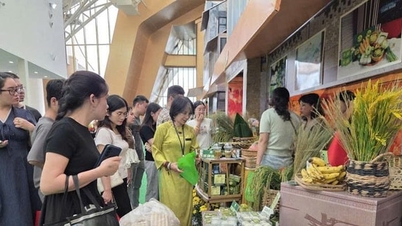

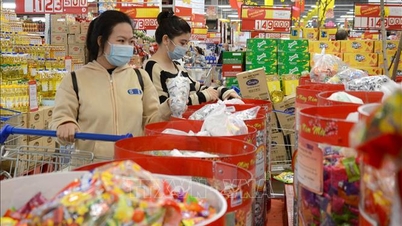
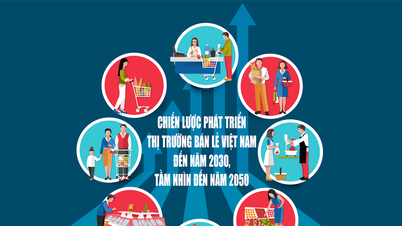






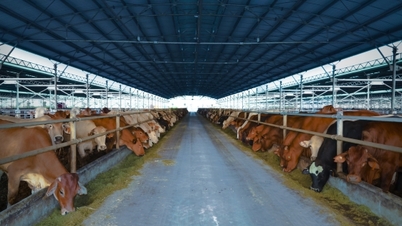
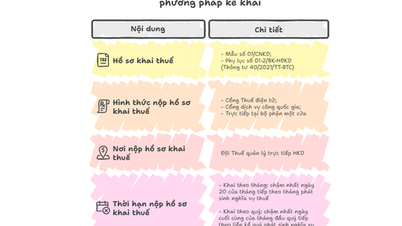

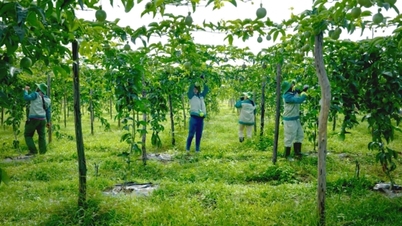




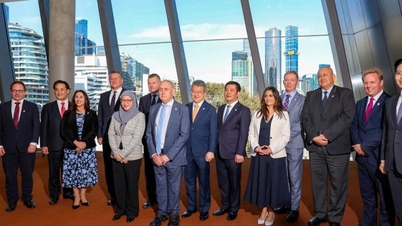

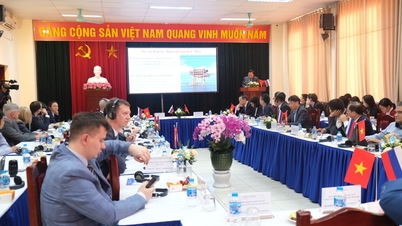
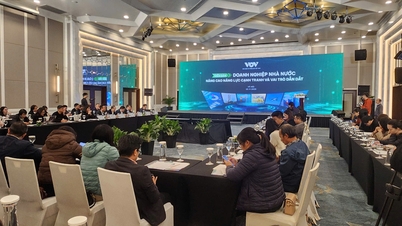












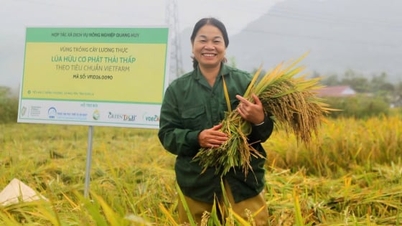


























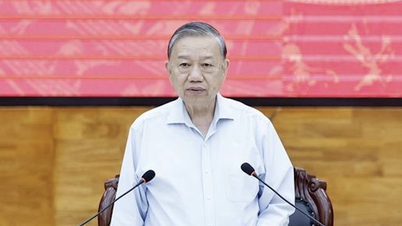


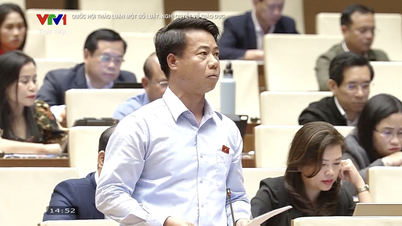








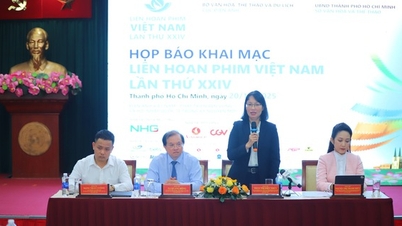



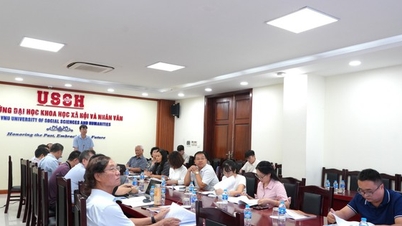











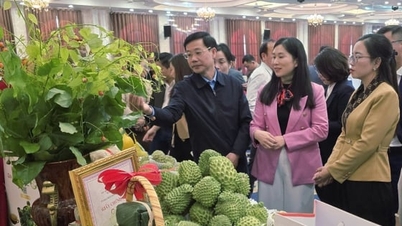











Comment (0)